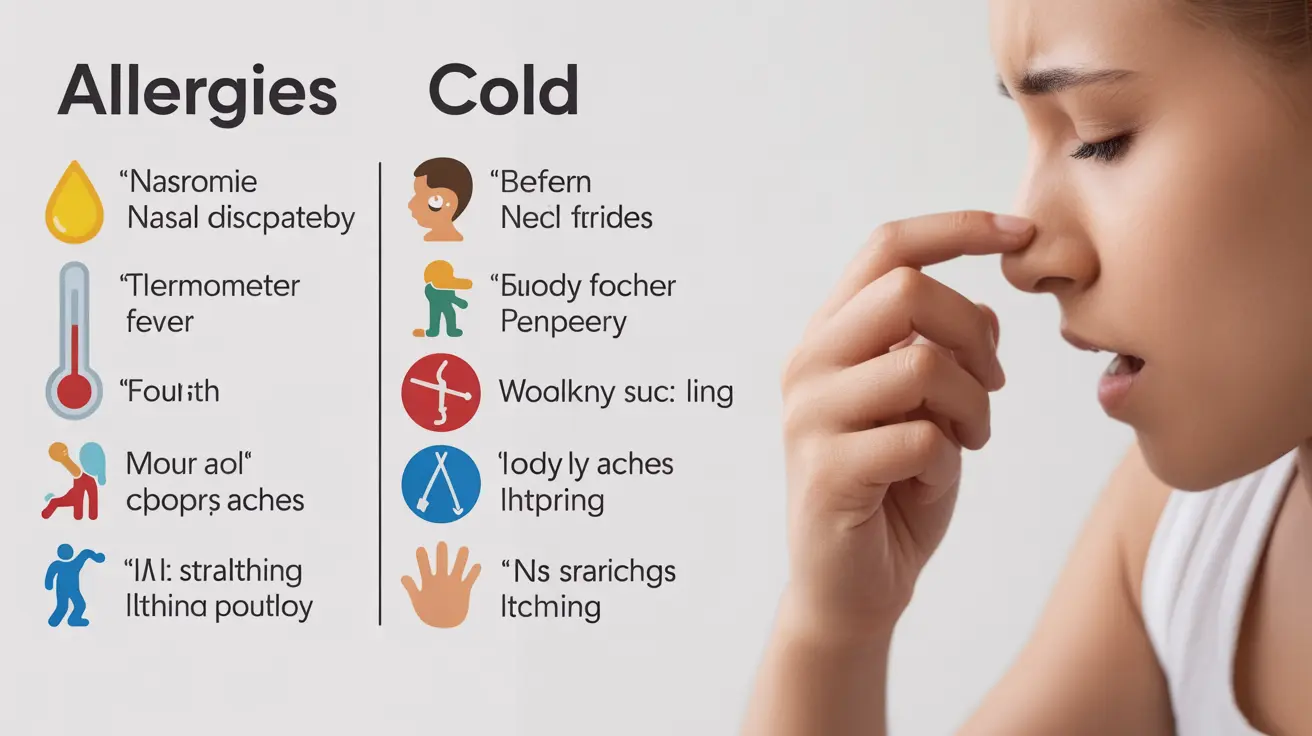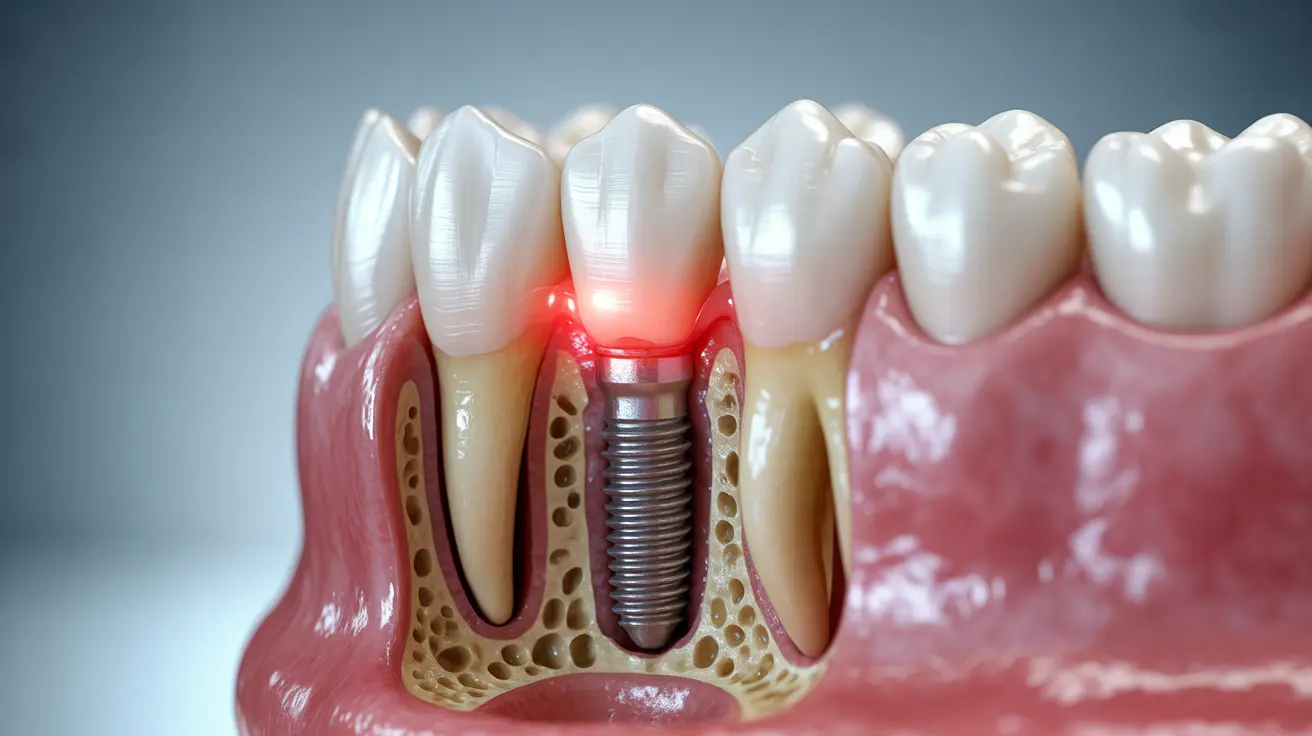Vitamin E oil has gained popularity in skincare routines for its potential benefits to facial skin health. This powerful antioxidant is known for its nourishing and protective properties, making it a sought-after ingredient in many beauty products. In this article, we'll explore the various ways vitamin E oil can be used on the face, its potential benefits, and important considerations for those looking to incorporate it into their skincare regimen.
What is Vitamin E Oil?
Vitamin E oil is a fat-soluble antioxidant that occurs naturally in many foods and is also available as a dietary supplement and skincare product. When applied topically, it's believed to offer several benefits for skin health and appearance.
Benefits of Using Vitamin E Oil on the Face
Moisturizing Properties
One of the primary benefits of vitamin E oil for the face is its moisturizing effect. The oil can help to hydrate and nourish the skin, potentially improving its texture and appearance.
Antioxidant Protection
As a powerful antioxidant, vitamin E oil may help protect the skin from damage caused by free radicals, which are unstable molecules that can contribute to premature aging and other skin issues.
Potential Anti-Aging Effects
Some studies suggest that vitamin E may help reduce the appearance of fine lines and wrinkles, though more research is needed to confirm its effectiveness in this area.
Vitamin E Oil for Hyperpigmentation
Vitamin E oil is sometimes touted as a treatment for hyperpigmentation, but its effectiveness in this area is debated. While it may offer some benefits due to its antioxidant properties, other treatments are often recommended for more significant results.
Alternative Treatments for Hyperpigmentation
For those dealing with hyperpigmentation, dermatologists often recommend treatments such as:
- Topical retinoids
- Hydroquinone
- Chemical peels
- Laser therapy
These alternatives may be more effective than vitamin E oil alone for addressing hyperpigmentation concerns.
Vitamin E Oil for Acne Scars
While some people use vitamin E oil in an attempt to treat acne scars, scientific evidence supporting its effectiveness for this purpose is limited. In fact, applying vitamin E oil directly to acne-prone skin may potentially clog pores and exacerbate breakouts in some individuals.
More Effective Alternatives for Acne Scars
For those looking to address acne scars, dermatologists often recommend:
- Topical retinoids
- Chemical peels
- Microneedling
- Laser resurfacing treatments
These treatments have shown more consistent results in improving the appearance of acne scars compared to vitamin E oil.
Potential Side Effects of Topical Vitamin E Oil
While vitamin E oil is generally considered safe for most people, it's important to be aware of potential side effects when applying it to the face:
Contact Dermatitis
Some individuals may experience an allergic reaction known as contact dermatitis, which can cause redness, itching, and irritation.
Clogged Pores
The oil's thick consistency may lead to clogged pores in some people, potentially causing breakouts or exacerbating existing acne.
Increased Sun Sensitivity
Some studies suggest that topical vitamin E may increase skin sensitivity to UV rays, making proper sun protection even more crucial.
How to Apply Vitamin E Oil Safely and Effectively
If you decide to incorporate vitamin E oil into your skincare routine, follow these guidelines for safe and effective use:
Patch Test
Always perform a patch test on a small area of skin before applying vitamin E oil to your entire face to check for any adverse reactions.
Dilution
Consider diluting pure vitamin E oil with a carrier oil like jojoba or coconut oil to reduce the risk of irritation and improve absorption.
Nighttime Application
Apply vitamin E oil at night, as its thick consistency may interfere with makeup application and increase sun sensitivity during the day.
Moderation
Use vitamin E oil in moderation. A little goes a long way, and overuse may lead to clogged pores or other skin issues.
Frequently Asked Questions
- What are the benefits of using vitamin E oil on the face for skin health?
Vitamin E oil may provide moisturizing benefits, antioxidant protection against free radical damage, and potential anti-aging effects. It can help nourish the skin and improve its overall appearance when used properly.
- How does vitamin E help with hyperpigmentation, and what other treatments are recommended?
Vitamin E's antioxidant properties may offer some benefits for hyperpigmentation, but its effectiveness is limited. More recommended treatments include topical retinoids, hydroquinone, chemical peels, and laser therapy, which have shown better results in addressing hyperpigmentation concerns.
- Can vitamin E oil be used to treat acne scars, and what are more effective alternatives?
While some people use vitamin E oil for acne scars, scientific evidence supporting its effectiveness is limited. More effective alternatives include topical retinoids, chemical peels, microneedling, and laser resurfacing treatments, which have demonstrated better results in improving the appearance of acne scars.
- What are the potential side effects of using topical vitamin E oil on the face?
Potential side effects include contact dermatitis (allergic reactions), clogged pores leading to breakouts, and increased sun sensitivity. Some individuals may experience redness, itching, or irritation when using vitamin E oil topically.
- How do you apply vitamin E oil safely and effectively to achieve the best results for facial skin?
To use vitamin E oil safely and effectively, perform a patch test first, consider diluting it with a carrier oil, apply it at night, and use it in moderation. Always follow proper skincare practices and consult with a dermatologist if you have any concerns or pre-existing skin conditions.
While vitamin E oil can offer potential benefits for facial skin, it's important to approach its use with caution and realistic expectations. As with any skincare product, individual results may vary, and it's always best to consult with a dermatologist for personalized advice on incorporating vitamin E oil into your skincare routine.




